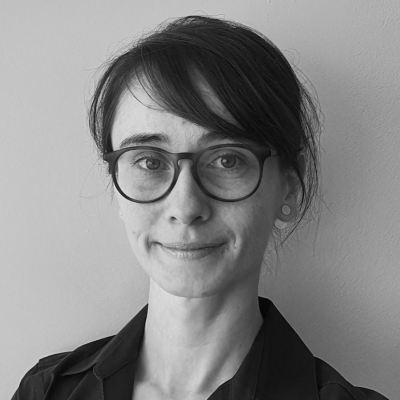- Tóth Kálmán u. 4., 1097 Budapest HUNGARY
- +36 1 309 2651
- lab@anet.krtk.mta.hu
- @AnetiLabs

Kinga Makovi (New York University Abu Dhabi): Segregated mobility patterns amplify neighborhood disparities in the spread of COVID-19
Abstract | The global and uneven spread of COVID-19, mirrored at the local scale, reveals stark differences along racial and ethnic lines. We respond to the pressing need to understand these divergent outcomes via neighborhood level analysis of mobility and case count information. Using data from Chicago over 2020, we leverage a metapopulation Susceptible-Exposed-Infectious-Removed model to reconstruct and simulate the spread of SARS-CoV-2 at the ZIP Code level. We demonstrate that exposures are mostly contained within one's own ZIP Code and demographic group. Building on this observation, we illustrate that we can understand epidemic progression using a composite metric combining the volume of mobility and the risk that each trip represents, while separately these factors fail to explain the observed heterogeneity in neighborhood level outcomes. Having established this result, we next uncover how group level differences in these factors give rise to disparities in case rates along racial and ethnic lines. Following this, we ask what-if questions to quantify how segregation impacts COVID-19 case rates via altering mobility patterns. We find that segregation in the mobility network has contributed to inequality in case rates across demographic groups.
Bio | Kinga Makovi is an Assistant Professor at New York University Abu Dhabi. She is a co-PI of the Center for Interacting Urban Networks at NYUAD, CITIES. Prior to joining NYUAD, she earned a PhD in Sociology from Columbia University and a MS in Mathematical Economics from Corvinus University of Budapest. Makovi's research addresses questions at the intersection of network science, the social determinants of health and environmental behavior, using computational and experimental methods. Her research has been funded by the National Science Foundation and has appeared in Sociological Science, Scientific Reports and PLoS ONE.